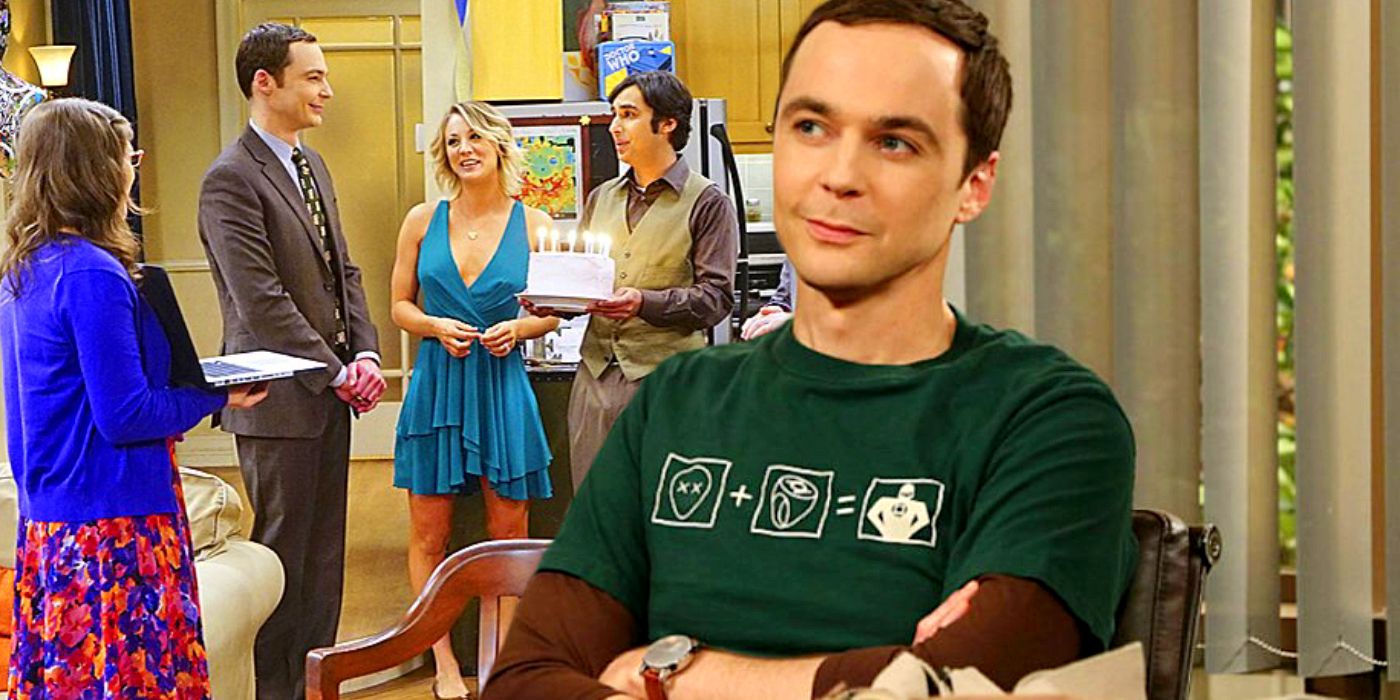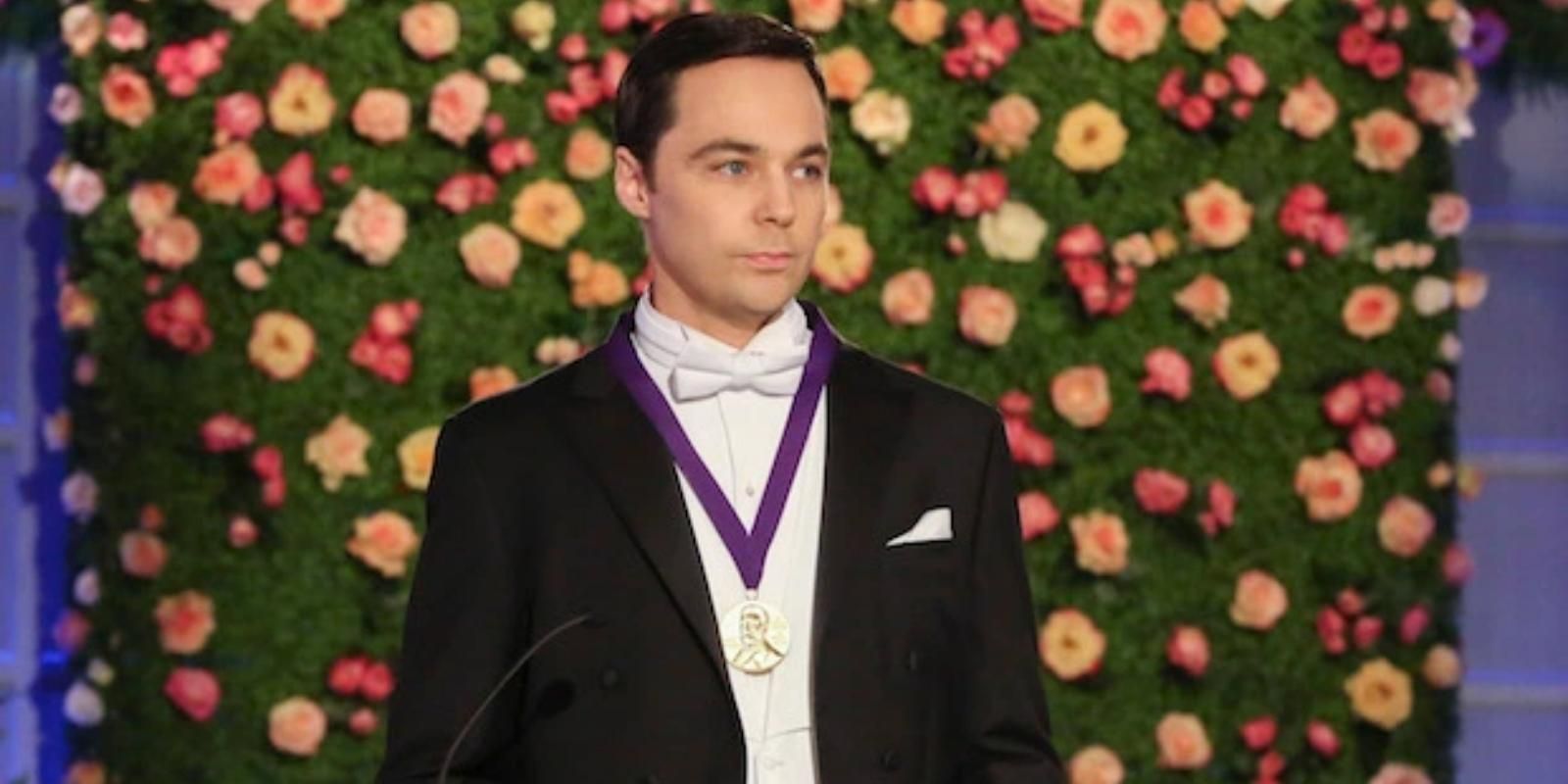Warner Bros. Television hit sitcom The Big Bang Theory manages to skirt by without viewers questioning a big age-related plot hole; here's how the series gets away with it. The show has numerous birthday-themed episodes; including season 9's "The Celebration Experimentation," a highly popular installment about Sheldon's (Jim Parsons) birthday, and season 10's "The Birthday Synchronicity," which highlights Amy's (Mayim Bialik) birthday as well as Halley's birth. Except for Penny, Raj, and Howard, most of the ensemble cast gets their own, if not several, birthday-themed episodes showing how each character really feels about their advancing ages. Sheldon's installments are particularly funny, given his poor attitude towards birthdays and celebrations in general.
Each character in The Big Bang Theory deals with their age differently. Raj Koothrapali (Kunal Nayyar) doesn't say a whole lot about growing older, but he does end up maturing the least out of the group despite getting over his female phobia. Penny (Kaley Cuoco) wrestles a lot with her age regarding her spotty acting career, whereas Leonard's (Johnny Galecki) birthday aversion has to do with his mother. Howard Wolowitz (Simon Helberg) makes the biggest change in terms of his maturation. While the group grows older and the show explores its implications, there's something important that the series leaves out in order to avoid a huge plot hole.
Jim Parson's Sheldon Cooper is clearly the oldest out of the bunch, but that's not possible given his backstory. The Big Bang Theory's spinoff show Young Sheldon magnifies this age-related plot hole. Sheldon simply has to be the youngest of the group because he breezed his way through school, skipping multiple grades in the process. The series avoids addressing this by not giving the characters official ages. Howard Wolowitz is the only one whose age is revealed in season 2 when he's quoted as being 26 in 2008. Presumably, Sheldon is younger than Howard, given that Young Sheldon is set in the late 80s' and early '90s. The rest of the characters' ages are never specifically mentioned in the show, which is a smart choice from series creators Chuck Lorre and Bill Prady.
Another reason behind this probably has to do with The Big Bang Theory actor Jim Parsons. While he's only two years older than Johnny Galecki, he's pretty far apart in terms of age from the rest of the ensemble. He's almost ten years older than both Kunal Nayyar and Simon Helberg. The age difference between Parson's and Kaley Cuoco is the most noticeable, as the two are 12 years apart. That being said, audiences can obviously overlook this factor. No other actor can play Sheldon Cooper as Jim Parsons can, and the series wouldn't be nearly as successful as it is if another actor was chosen simply because of their age. Regardless, omitting the characters' ages is primarily how this plot hole is avoided. It's probably for the better, considering Young Sheldon points a glaring spotlight at the issue.
Fans of The Big Bang Theory hardly notice this age-related plot hole, or at the very least just simply forgive it all together. Jim Parson's exit from the show is substantial enough that it caused the show to end, proving just how crucial Sheldon Cooper is to the series. Though he's older than most of the other actors, it doesn't really affect anything. The Big Bang Theory does briefly deal with the groups' birthdays and their individual relationships with their own stage of life. However, only Wolowitz is given an official age, which is how the show avoids this major plot hole.


